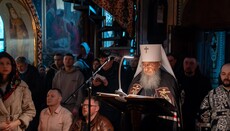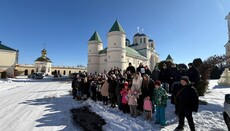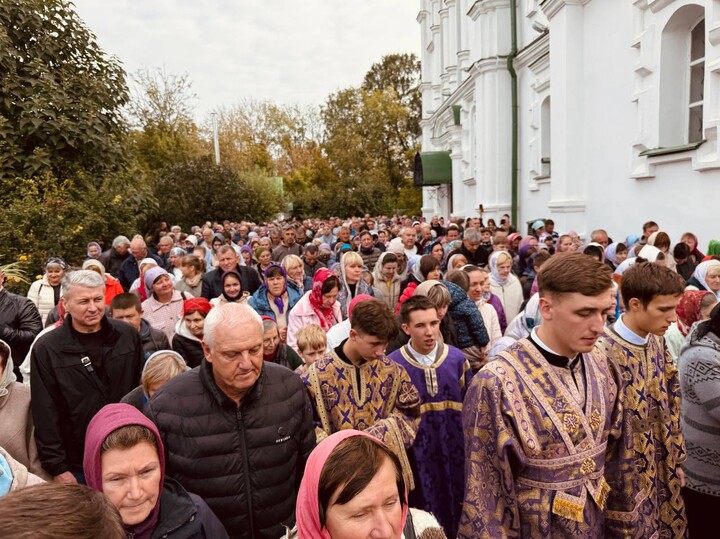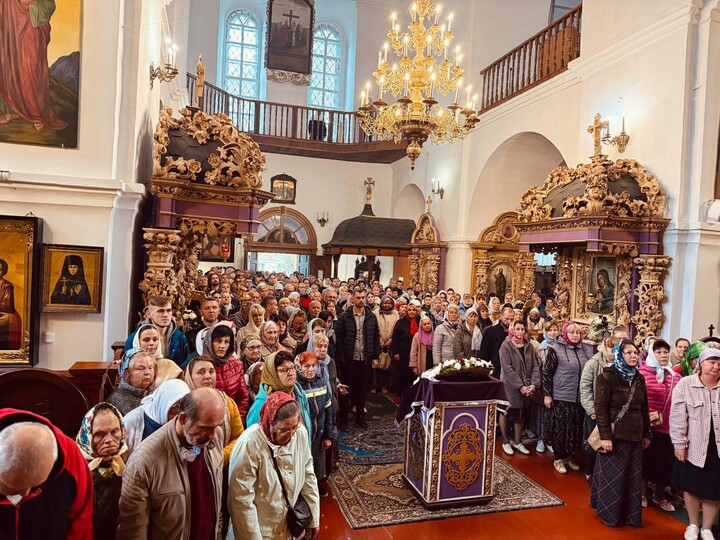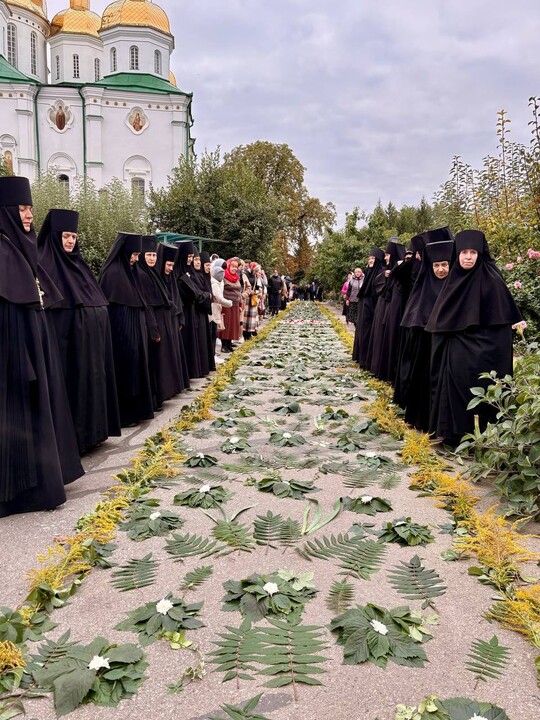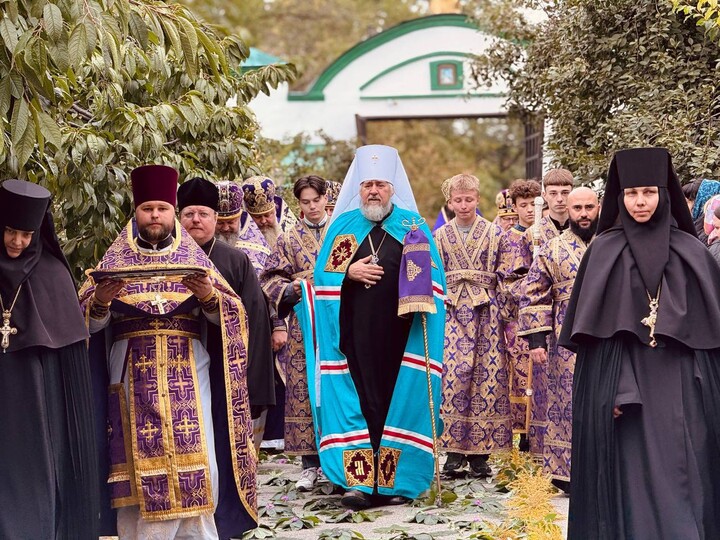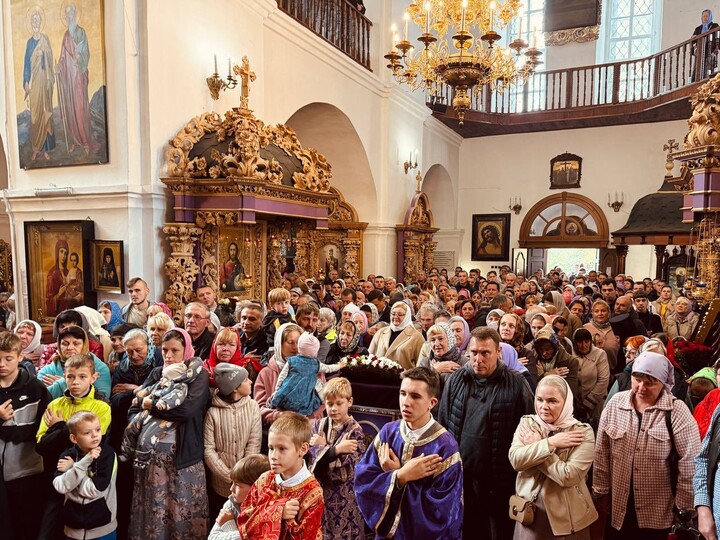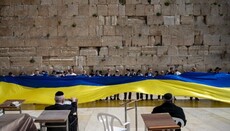375th anniversary of Holy Cross Monastery's founding celebrated in Poltava
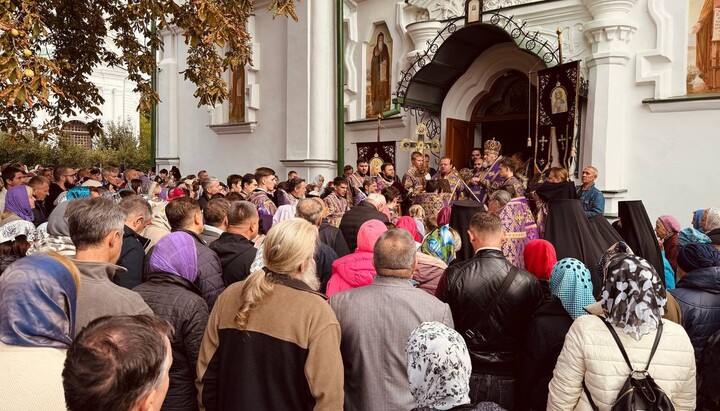
Celebrations took place in one of the oldest spiritual centers of Poltava region, founded in 1650 in honor of the victories of Bohdan Khmelnytskyi.
On September 27, 2025, on the feast of the Exaltation of the Precious and Life-Giving Cross of the Lord, the 375th anniversary of the founding of the Poltava Holy Cross Women's Monastery was solemnly celebrated.
The Divine Liturgy was led by Metropolitan Philip of Poltava and Myrhorod. He was concelebrated by Bishop Arkadiy of Hostomel, Vicar of the Kyiv Metropolis, and the clergy of the Poltava Eparchy.
After the service, a religious procession around the cathedral was performed. At the conclusion of the celebrations, His Eminence congratulated the faithful on the feast, presented archbishop's certificates to benefactors, and imparted his archpastoral blessing to all.
The Holy Cross Monastery of Poltava was founded in 1650 by Hegumen Callistratus of the Mhar Transfiguration Monastery with the support of Kyiv Metropolitan Sylvester Kosov.
The monastery was founded in honor of the Cossacks' victory over the forces of the Polish-Lithuanian Commonwealth and became the southernmost of the regimental monasteries of the Hetmanate in the 17th century. The first monastic buildings were constructed of wood in a forest thicket, accessible only by a narrow path.
The main stone Holy Cross Cathedral was built from 1689 to 1709 with funds from General Judge Vasyl Kochubey and his son, Poltava Colonel Vasyl Kochubey, as well as Ukrainian Hetmans Ivan Samoylovych and Ivan Mazepa. In May 1709, during the siege of Poltava on the eve of the famous Battle of Poltava, the monastery became the residence of Swedish monarch Charles XII.
In 1923, the monastery was closed, and a significant part of the buildings was destroyed in 1933. Since 1990, it has been functioning as a women's monastery of the UOC.
Earlier, the UOJ reported that the Poltava Eparchy of the UOC honored the memory of the holy venerable martyrs of Mhar.



